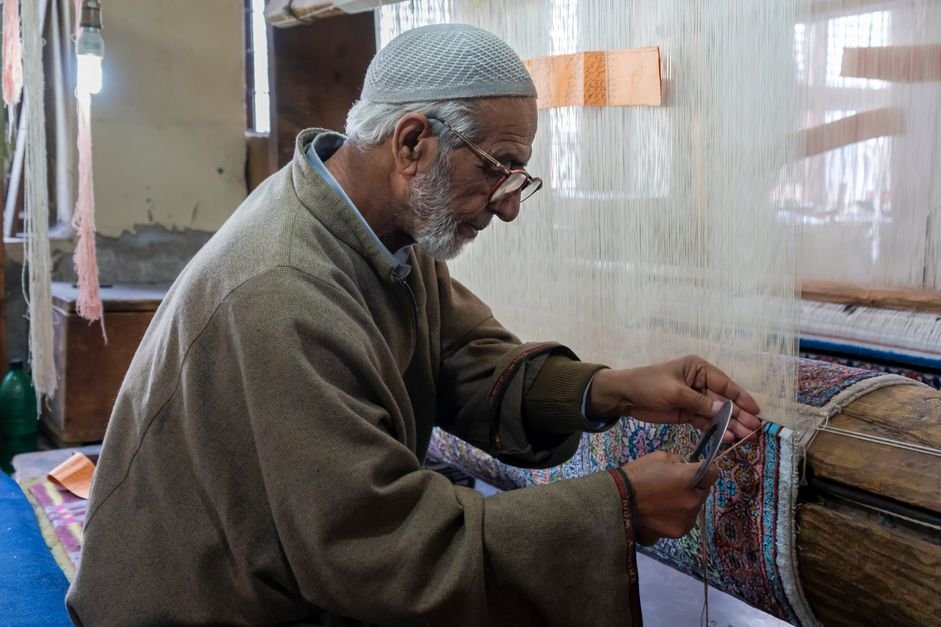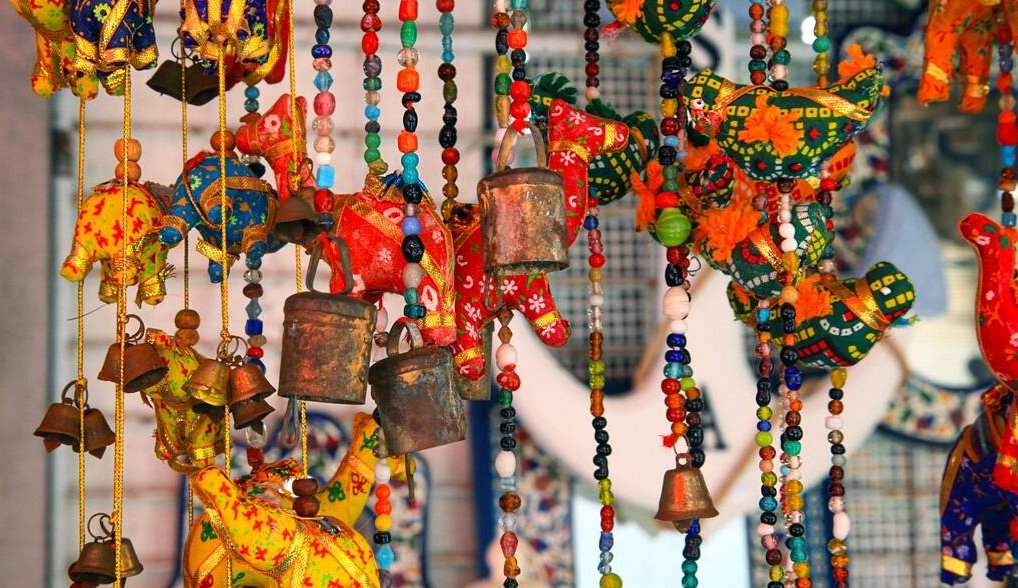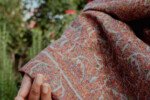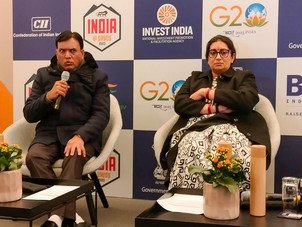SRINAGAR, April 30 (PTI): Taking to innovation and adapting new designs, including colour combinations have worked wonders in reviving Kashmir’s famed carpet industry which was staring into oblivion just few years ago.
Carpets were mainly seen as pieces of flooring but converting calligraphic works and paintings into wall hangings has given a boost to the demand for Kashmiri carpets.
Now carpets are made to order with innovative techniques like mixing of Zari and silver threads, minute textures etc.
The GI tagging done by the Department of Handicrafts has added value to the carpets — considered to be one of the finest art works — as customers are now assured of authenticity of the products they buy.
Shahnawaz Ahmad got a degree in fine arts and became a carpet designer, preferring to carry on his family business of carpet exports.
“During my childhood, I saw carpets as flooring only. I thought if we have to move forward with this trade, we have to innovate as with the passage of time the demand for traditional carpets was dropping,” Ahmad said.
Using his training in fine arts, Ahmad started calligraphy work which he later converted into wall hangings. “The first step I took was calligraphy and cultural craft paintings on canvas which I later converted into carpets. I got good response from our existing clients, both at national level and internationally,” he said.
Ahmad said the GI tagging has saved the carpet trade in Kashmir from extinction. “If the department hadn’t taken this step, maybe this trade of handwoven carpets would have died in a few years. Now with this GI tagging, customers believe and choose authentic hand-made carpet,” he added.
Gul Mohammad Sofi has been associated with carpet making since 1956 and he has ensured that his son carry forward the legacy.
“I learned this craft in 1956. I stressed on my son to take up this craft. I didn’t allow him for any other work or job because it is our ancestral work and there are blessings in this,” Sofi said.
The new developments have given hope to old-timers like Feroz Ahmad Bhat, who has been weaving carpets for the past three decades.
“I have been doing this work for 30 years. In my early days, our earnings were good and a lot of people were involved with this work. Then a time came when wages were very low but now new designs have been introduced and this work has picked up pace again. Now it’s flourishing again,” Bhat said.
Bilal Ahmad Bhat, another weaver, said introduction of new designs has meant more work for the weavers.
“Because of new designs, we are getting daily work as the demand has increased,” he added.
Mahmood Shah, Director Department of Handicrafts said more than 50,000 artisans were working in the carpet industry, which had an annual turnover of around 500 crore.
“Primarily, Kashmir carpet is silk driven. These carpets are consumed within the country as well as abroad. Germany is the primary market of Kashmiri silk carpet from where it goes to various parts of Europe,” Shah said.
He said, last year the department started the GI tagging of Kashmiri carpets and till now about 6,500 carpets have been tagged.
“To encourage the carpet industry, we have also announced the incentive on the exports and currently we are processing those claims. That has helped us in registering an increase in the exports but the galvanization of the carpet industry at grassroot level has also happened by virtue of cooperative societies,” he added.
Shah said the institute of carpet technology has been set up for the conservation of the carpet industry.
“At the IICT, we have a designing bank wherein we archive the old traditional designs and also generate new designs. We are also in the process of establishing a dying facility in the IICT,” he said.












